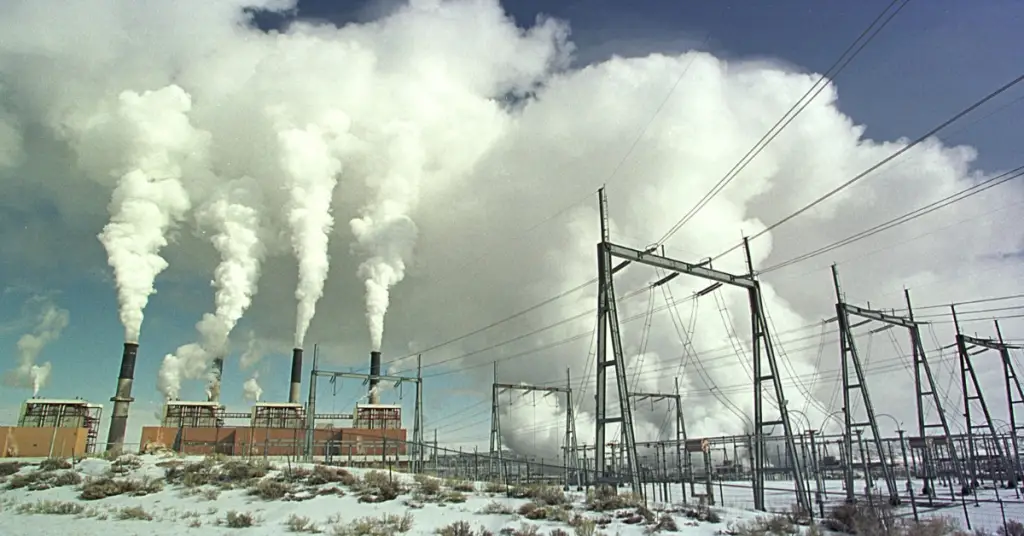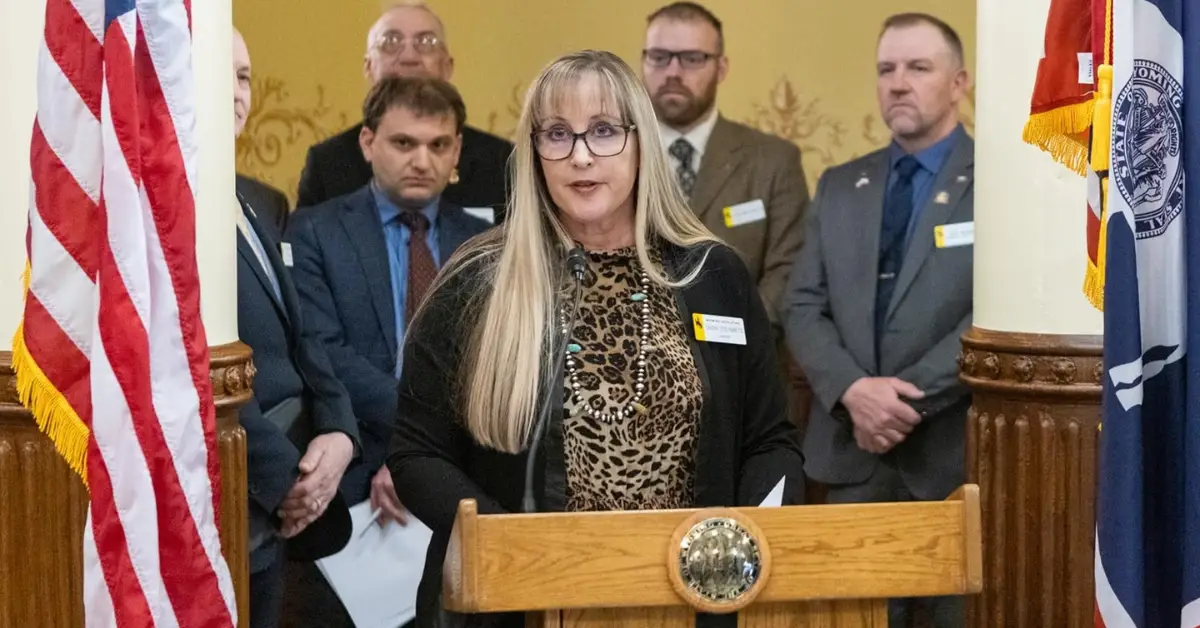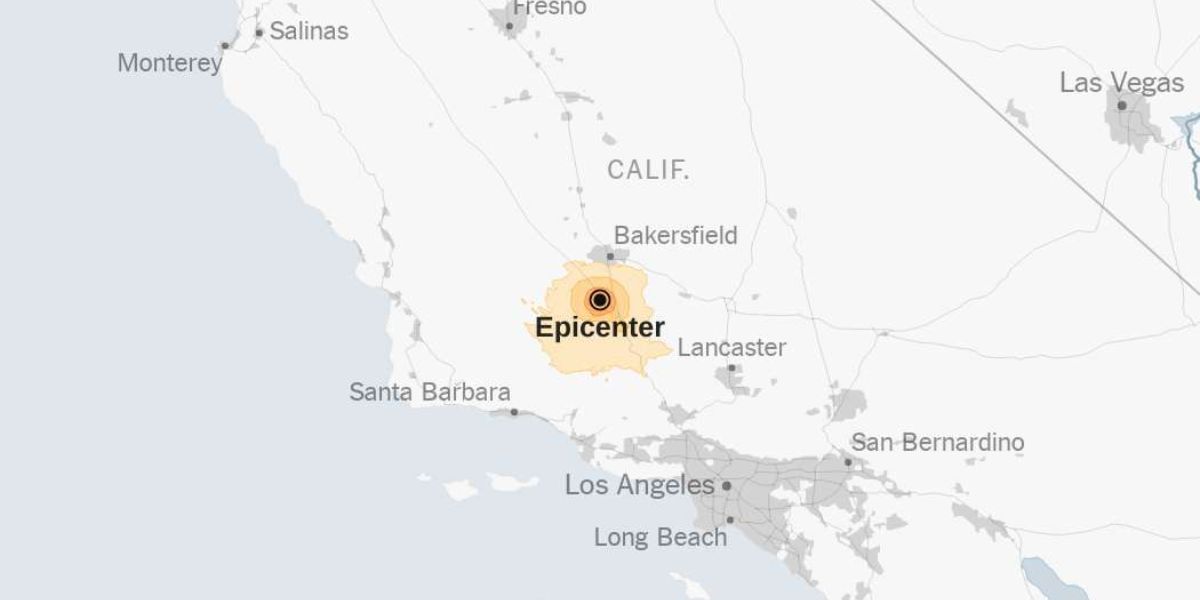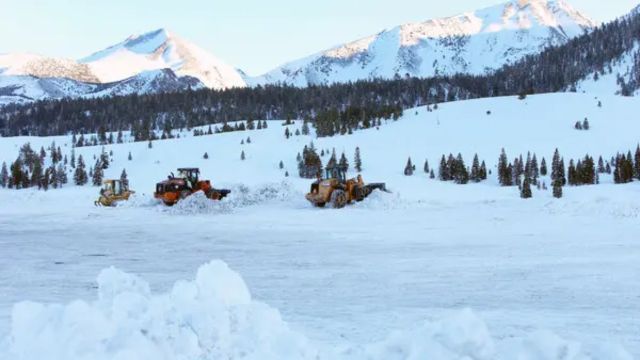Two proposed bills in Wyoming, which sought to challenge the state’s ongoing efforts to capture, store, and commercialize carbon dioxide, failed to move forward in the legislative process. These measures, which directly opposed Governor Mark Gordon’s energy policies, did not receive sufficient backing in their respective committees.
The Legislative Setback
House Bill 209, titled “Reliable and Dispatchable Low-Carbon Standards-Repeal,” and Senate File 92, known as “Make Carbon Dioxide Great Again-No Net Zero,” both died in committee due to a lack of motion for advancement.
Despite generating strong public commentary, lawmakers did not discuss the bills in depth before rejecting them. The House Minerals, Business and Economic Development Committee dismissed HB 209 on Friday, while the Senate Minerals Committee ended SF 92’s chances on Monday.
These bills were spearheaded by Republican legislators from the far-right Freedom Caucus—Representative Christopher Knapp (HB 209) and Senator Cheri Steinmetz (SF 92). Their objective was to remove state policies aimed at reducing carbon dioxide emissions and counteract regulations promoting carbon capture and commercialization. Proponents of these measures saw them as a way to protect Wyoming’s fossil fuel industry from what they perceived as burdensome climate policies.
However, opposition came from key stakeholders, including coal and trona mining representatives, as well as some agricultural producers. These groups pointed out that Wyoming has already invested heavily in carbon capture initiatives, seeing them as a potential economic benefit rather than a liability.
Economic Considerations and Stakeholder Perspectives
Albin-area rancher Ron Rabou, who opposed SF 92, highlighted that many farmers and ranchers in Wyoming have secured deals for underground carbon dioxide storage, which could be financially beneficial. According to Conner Nicklas of the Budd-Falen Law Offices, ranchers in one proposed project stand to earn $125 million collectively.
Rabou emphasized that whether or not one believes in climate change, the market for carbon capture and emissions reduction is here to stay. He encouraged Wyoming to embrace and monetize the shift rather than resist it. “We can either embrace that as a state and capitalize on it, or we can say the principles we stand on are more important than propping up our economy,” Rabou stated.

Several other southern Wyoming ranchers testified against SF 92 for similar economic reasons. Representatives from the coal and mining industries echoed these concerns, stressing that while they dislike climate policies, market demands for lower emissions dictate their business operations.
Wyoming Mining Association Executive Director Travis Deti noted that the coal industry supports carbon capture as a means to maintain its viability. “If we’re going to stay in business, we have to meet the demand for cleaner emissions,” Deti told the House Minerals Committee.
What the Bill Proposed
HB 209 aimed to repeal various state laws enacted under Governor Gordon that required utilities to explore retrofitting coal-fired power plants with carbon capture technology. Despite past legislative support for these mandates, Freedom Caucus members viewed them as concessions to out-of-state interests and sought to align with former President Donald Trump’s efforts to roll back emissions regulations.
Gordon’s policy director, Randall Luthi, defended the state’s carbon capture mandate, pointing out that Wyoming sells coal to states with strict emissions standards. “If we want to continue selling our coal, we must adapt to these requirements,” Luthi explained. Instead of outright repeal, he suggested attaching a sunset date to the mandate, though no amendments were considered before the bill was dismissed.
SF 92, in addition to eliminating the carbon capture requirement, sought to establish in Wyoming law that “carbon dioxide is not a pollutant and is a beneficial substance.” Opponents worried this provision could jeopardize Wyoming’s ability to regulate carbon injection wells and maintain state-level control over emissions permitting.
Jody Levin, representing Wyoming’s trona industry, warned that stripping state authority over emissions programs could force industries to seek permits from both Wyoming and the U.S. Environmental Protection Agency, creating additional bureaucratic hurdles.
Environmental and Economic Implications
The proposed bills also faced opposition from residents who viewed them as a step backwards in addressing climate change. Goshen County resident Katheryne Earl acknowledged the importance of Wyoming’s fossil fuel industries but argued that human-caused carbon emissions significantly contribute to climate change.
“We’ve been pumping carbon dioxide into the air since the Industrial Revolution. We already have enough for our plants; we don’t need to increase it further,” Earl said, firmly opposing the bill.
Both bills intended to preserve the use of carbon dioxide for enhanced oil recovery while continuing state grants for low-carbon energy projects. However, concerns over economic repercussions and environmental impacts ultimately led to their demise.
What’s Next for Wyoming’s Energy Policy?
While these legislative efforts failed, the discussions surrounding carbon capture and emissions regulations are far from over. Both the House and Senate mineral committees suggested they may revisit these topics during the interim legislative session. As Wyoming navigates its energy future, the balance between economic interests, environmental concerns, and evolving market demands will continue to shape policy decisions.
Disclaimer: This article has been meticulously fact-checked by our team to ensure accuracy and uphold transparency. We strive to deliver trustworthy and dependable content to our readers.




